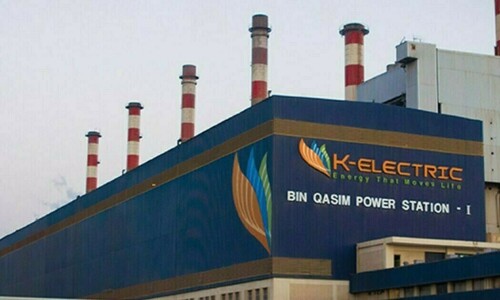KARACHI, April 5: The textile industry ministry has pressed the Sindh government to expedite collection of cotton standardisation fee while the ginners say that they are already paying cotton fee and the new tax is tantamount to “double taxation.”
The rate of the new levy is Rs5 per each pressed cotton bale while the cotton fee already charged from ginners by the Sindh excise and taxation department is Rs10 per 100 kg cotton.
The ministry of textile, in a letter addressed to the Sindh chief secretary, has drawn his attention to the slow collection of cotton standardisation fee by the excise and taxation department.
The fee is levied on ginning factories at the rate of Rs5 per each pressed bale under SRO 1013(1)/2006 (29-9-2006).
The ministry further said that earlier two letters were addressed to the Sindh chief secretary and the excise and taxation secretary, but “unfortunately, no noticeable change has taken place in the pace of fee recovery.”
Out of the total 198 ginning factories in Sindh, only 16 paid the fee during 2006-07 and only one factory paid during the current financial year.
“Once again, you are requested to direct the concerned agriculture and excise and taxation department of the province to take necessary measures for full recovery of the said fee from defaulters,” the ministry added.
Pakistan Cotton Ginners Association chairman Suhail Haral told Dawn on telephone from Multan that the new levy was tantamount to double taxation as ginners were already paying fee at the rate of Rs10 per 100 kg of cotton.
The fee is charged by the excise and taxation directorate in Sindh.
He said a fee is charged against some service provided to taxpayers, but unfortunately Pakistan Cotton Standards Institute (PCSI), which is the beneficiary of the levy, has not provided any service to the cotton trade.
He said the institute was originally set up for classification of cotton during the reign of the defunct cotton export corporation. Its role has since finished and now the government, through this levy, wanted to meet administrative expenditures, including salaries of the PCSI staff.
In reply to a question, Mr Suhail said 90 per cent ginning factories in Punjab were not paying cotton standardisation fee of 10 per cent.
He said the ginners would ultimately pass on the new levy to growers, who were already burdened with high cost of inputs.
Sources at the excise and taxation department said that the ministry on average collects revenue of Rs130 million from cotton fee annually.
The federal levies in Sindh are on a constant increase. Apart from income tax, the sales tax and the federal excise duty, the federation is charging two per cent capital value tax (CVT) on registration of property deals and withholding tax on purchase of new vehicles by the people.
The Sindh government has already protested to the federation on levy of CVT on property deals which has not affected the provincial revenues but is also affecting poor people, widows and retired government servants who want to sell or purchase a property.















































Dear visitor, the comments section is undergoing an overhaul and will return soon.